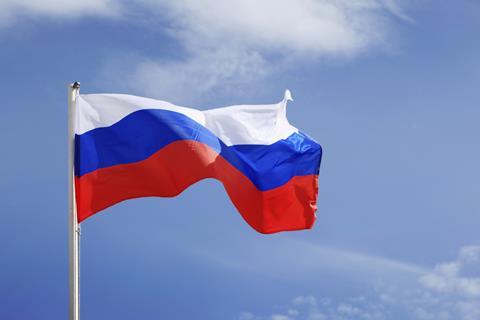
This week, Russia confirmed it would extend the ban on EU food imports for another year.
In a tweet sent out by the Russian government, Russian PM Dmitry Medvedev said the ban would be extended until August 2016, with “no change to the basic list of prohibited imports”. He claimed the ban was “primarily an economic, not a political decision”.
The move came as no big surprise to EU markets - but what impact will it have on UK beef, pork and dairy prices?
When Russia first mooted the possibility of extending the ban, the Ulster Farmers’ Union warned EU farmers would be left facing “continuing poor prices for major commodities”.
However, Agriculture and Horticulture Development Board (AHDB) Beef & Lamb senior analyst Debbie Butcher says the impact of the ban on UK beef prices will be “marginal”.
She concedes the original ban resulted in some excess manufacturing beef on the European market last year, which hit prices.
But she says Europe has now found alternative markets for most of its beef, including the Far East.
A spokesman for AHDB Pork claims the Russian ban will also have little impact on UK pork prices. “It did when it was first introduced but new markets have now been found.”
However, it could be a different story for dairy. “These are challenging times for dairy and anything which impacts markets is unhelpful,” says an AHDB Dairy spokesman.
According to Rabobank, the Russian ban was one of the big drivers in European milk price instability last year - and there has been a big slump in demand for dairy from China.
The latest AHDB update reveals EU dairy wholesale markets continued to fall in May as a result of supply and demand imbalance, with SMP prices down by 35% year on year.




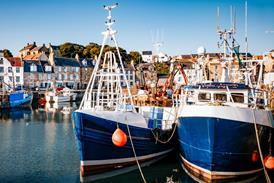


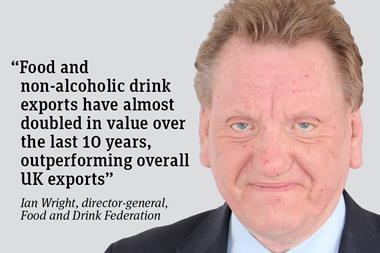
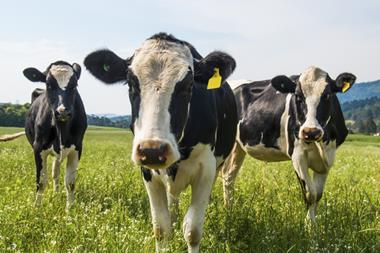

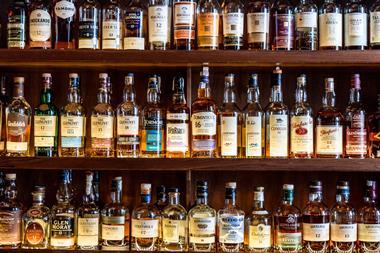


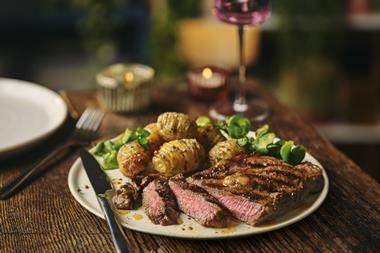

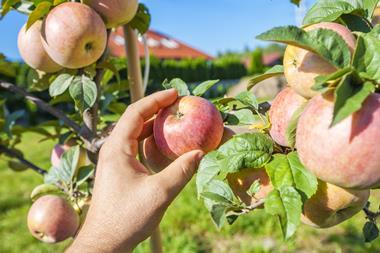
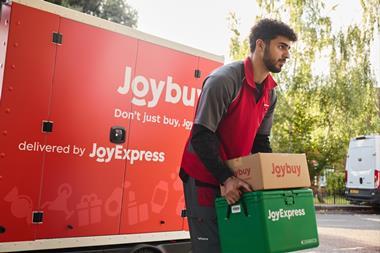

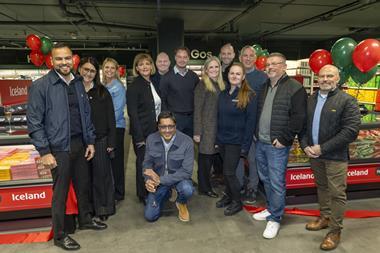
No comments yet